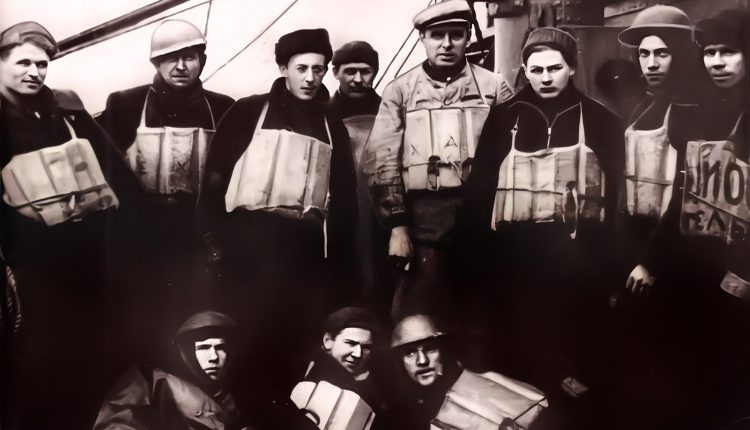When UK and Russia combined to thwart the Nazis
With UK-Russia relations at a low point over Ukraine, the Western Approaches Museum in Liverpool is partnering with a Russian museum to commemorate the World War II Arctic Convoys and a period in history when the two countries were allies
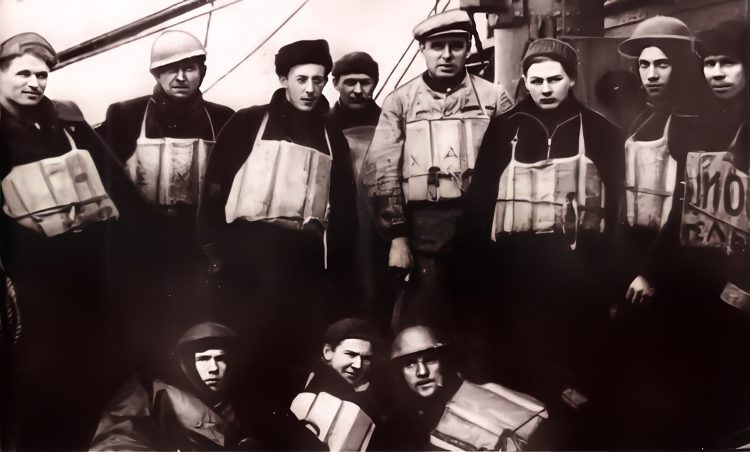
It has been 80 years since the arduous Arctic Convoys, when sailors made the treacherous journey from Liverpool to Russia to help defeat Nazi Germany in World War II.
On February 22, the Western Approaches HQ Museum, located Rumford Street in Liverpool city centre, will unveil a new permanent display to commemorate this historic achievement. What wartime Prime Minister Winston Churchill called “the worst journey in the world”.
Museum owner Big Heritage aims to strengthen international links and celebrate the cooperation between the UK and Russia. It is part of the UK-Russia Arctic Convoys: A Shared History programme. The project has been in development since 2021, the 80th anniversary year of the first Arctic Convoy of World War II to set sail to Soviet Russia from Liverpool to Arkhangelsk.
An international memorandum of understanding has been signed between Western Approaches, a secret underground bunker from where the Battle of the Atlantic was coordinated, and the Northern Maritime Museum in Arkhangelsk, Russia.
The exhibition by Big Heritage, located in the original convoy plotting room where the Arctic Convoys were plotted from, aims to build deeper links between the two cities and highlight cultural links between the UK and Russia.
The Arctic Convoys were a main theatre of the war at sea during World War II. They played a crucial role in providing strategic supplies to the Eastern Front between 1941 to 1945, significantly contributing to Allies’ victory over Nazi Germany.
It was an operation of an unprecedented scale, with more than 40 countries and representatives of a dozen fleets taking part. The Arctic Convoys remain an enduring symbol of shared history, heroic cooperation and peoples’ sacrifice in the joint fight for life and freedom.
As part of Operation Dervish, the Arctic Convoys first left Liverpool in August 1941, loaded with military supplies to support Soviet efforts in fighting Nazi Germany. The vessels sailed across the freezing Arctic seas patrolled by German U-Boats, surface ships and aircraft before arriving in the ports of Murmansk and Arkhangelsk in the North of Russia.
Dean Paton, founder and director of education and heritage specialists Big Heritage, said: “The Arctic Convoys were led by men showing some exceptional bravery. After departing from Liverpool, the sailors faced incredibly arduous conditions, so we hope this permanent exhibition will honour and pay tribute to their heroism and sacrifice.
“Not only that, but this group of sailors showed the huge depth of support the city has always had for the armed forces.
“Bringing leaders from Russia and the UK together into Western Approaches in Liverpool is an honour for us – and shows what can be achieved when our two countries work together. This is an example of true collaboration between East and West, which needs both recognising and celebrating.”
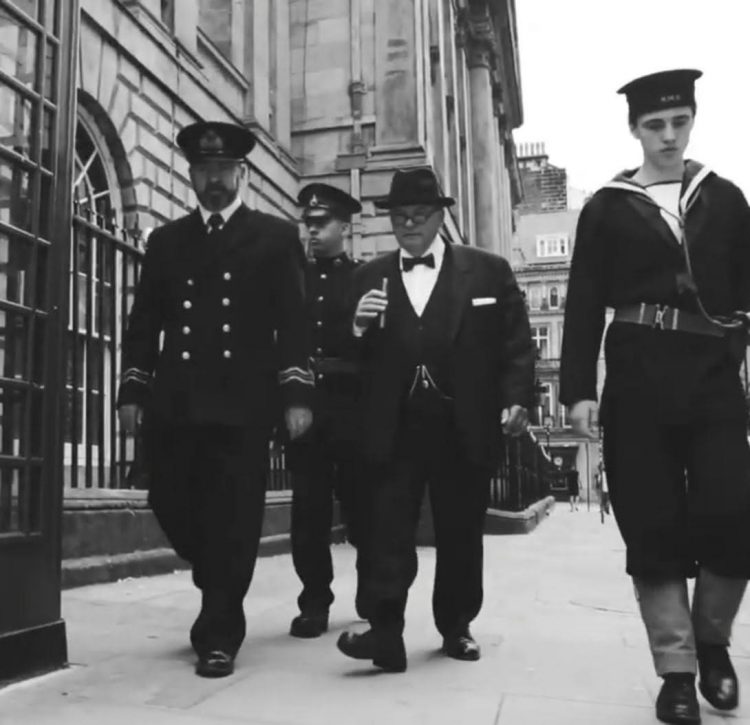
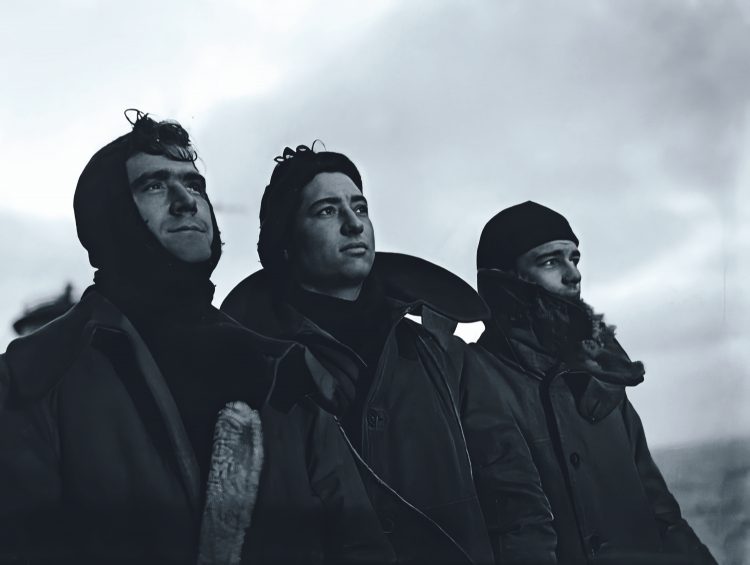
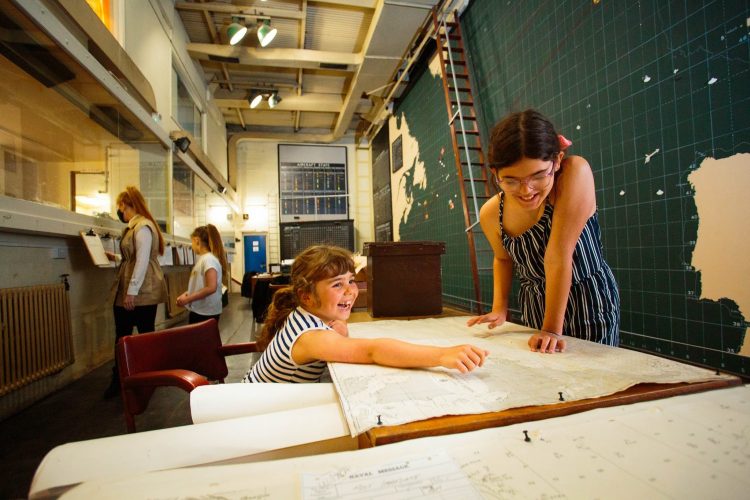
The Arctic Convoys saw 1,400 merchant ships make the journey between 1941 and 1945, carrying 4m tons of supplies for use by Soviet forces fighting on the Eastern Front. They faced perils such as Nazi sea and air power, horrific weather and weeks of darkness. 3,000 people, 85 merchant vessels and 16 Royal Navy were lost.
At the exhibition launch, there will be speeches from Evgeny Tenetov, director of the Northern Maritime Museum in Arkhangelsk; Christian Duncumb, Cultural Counsellor at the British Embassy in Moscow; as well as an appearance from local Arctic Convoy veterans.
Mr Duncumb added: “This treacherous journey, and the courage of the men who made it, made an immense contribution to our efforts in ending WWII and achieving peace.
“It is hugely respected in Russia and I hope this collaborative exhibition will raise further awareness of the bravery shown. There is little doubt these men played a huge role in the shared history and efforts of the UK and Russia, and the ultimate Allied victory over Nazi Germany.”
Evgeny Tenetov, director, the Northern Maritime Museum, also said: “We believe that it is very important nowadays to demonstrate positive examples of collaboration in the cultural sector, and even more so — in the field of shared history: fighting fascism together was an unparalleled example of cooperation between nations.”
The exhibition is organised in partnership with the Cultural and Education Section of the British Embassy in Moscow as part of the UK – Russia Arctic Convoys: A Shared History programme.

